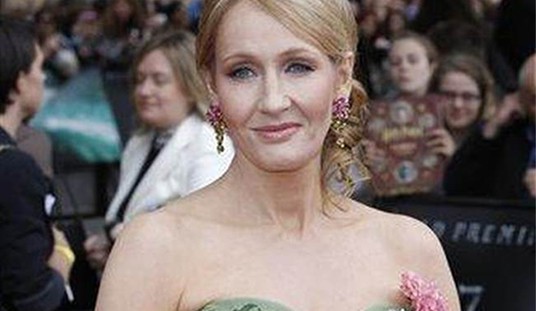When Israel’s cabinet approved a measure calling for new citizens to swear an oath of loyalty to the Jewish state, the floodgates of controversy opened wide.
Critics in the Arab sector and among Israeli and Diaspora Jews view the loyalty oath, crafted by right-wing Yisrael Beitenu party members (“Israel is Our Home”), as a means of delegitimizing Israel’s Arab population. The oath calls for naturalization candidates to pledge loyalty to “the state of Israel as a Jewish and democratic state.”
Critics say it is by definition discriminatory. That’s because the oath requires future citizens to declare loyalty to an ideology that 20% of the country’s Arab sector citizens neither adhere to nor identify with.
And even among Netanyahu’s cabinet members, the vote on the oath wasn’t unanimous. Two ministers from Netanyahu’s Likud Party voted against it and Labor Party minister Yitzhak Herzog mentioned “traces of fascism” in reference to the proposal.
Is Israel, as Middle East-based author Matt Beynon Rees poses, attempting “to regulate customs of the Muslim minority in an effort to protect itself from perceived threats to national character” much in the same way Europe is now moving?
Anti-immigrant parties recently gained electoral favor in Denmark, Sweden, and the Netherlands. And earlier this month, German leader Angela Merkel publicly stated that the country’s attempt at multiculturalism — i.e., integration of its Turkish minority — had failed.
Is the proposed measure and subsequent vote a way for Prime Minister Netanyahu to appease his right-wing coalition partners and, notably, his foreign minister so that he can push another settlement freeze through and resume peace talks without a coalition walk-out?
After all, Avigdor Lieberman is widely perceived as an embarrassment to the prime minister for his off-color public statements and unilateral actions that come at the most inopportune time. And the loyalty oath bill has been the foreign minister’s “vision.” It was Yisrael Beitenu’s prominent campaign platform during elections and approval now might be the bargaining chip needed to quiet the foreign minister and green-light continued Israeli-Palestinian discourse.
The bill’s problem, however, is more long term.
The oath controversy comes as Netanyahu re-asserts a demand for the Palestinians to accept Israel as a “state of the Jews.” Arab Israeli leaders — who do not have to take the oath — have described the proposal as racist because partners seeking naturalization would have to take the oath.
For Palestinian leaders, the oath appears to disqualify future talks regarding the right of return for Palestinian refugees, a major negotiation point.
The oath issue is also being perceived as a delaying tactic intended to pull attention away from West Bank settlement freeze and continued peace talks issues.
One certainty: The oath issue is drawing criticism, attention, and headlines. Thousands of anti-oath protesters recently took to Tel Aviv’s streets, and columnists, supporters, and critics are decrying and supporting the bill in equal measure.
Telling is the relative quiet pervading Jewish reaction to the proposed oath. In a piece comparing Avigdor Lieberman to ultra-right wing activist Meir Kahane, Haaretz columnist Bradley Burston writes that even the right wing is aware of both the bill and Lieberman’s inherent extremism:
Is anyone on the mainstream Jewish right — anyone at all — willing to speak in defense of Avigdor Lieberman, the bully in the china shop of Israel’s relationship with its Arab minority?
Burston notes that major American Jewish organizations including the Israel Project, ZOA, and AJC remained either soft or silent on the controversial bill issue.
As Burston’s column concludes:
The best indication may have come in a poll published at the weekend. Asked — and the very question says a great deal about the current atmosphere in Israel — “Who among politicians contributes the most to the rise in trends of extremist nationalism, to the point of fascism?” fully 60% of Israelis responding answered “Avigdor Lieberman.









Join the conversation as a VIP Member